Notebook / Appointments
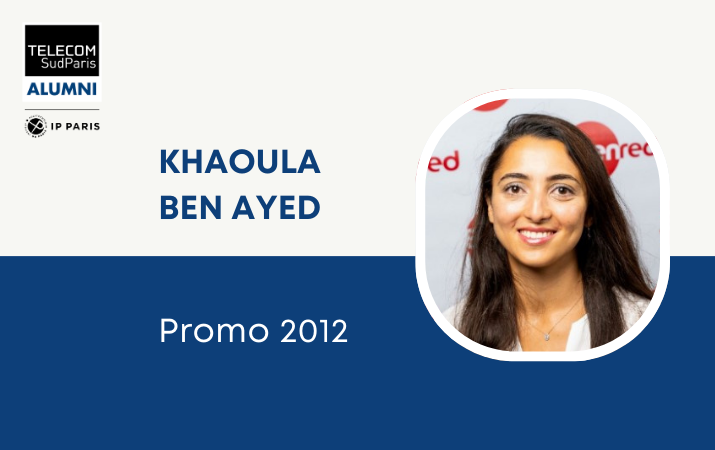
Portraits of Télécom SudParis - Portrait of Khaoula BEN AYED (TSP 2012), Global Network Manager at Edenred
Can you introduce yourself?
After growing up in Tunisia, I studied in France. I obtained my engineering degree from Télécom SudParis in 2012, specializing in networking. I then decided to continue my studies at Paris-Dauphine University in the Master 2 program in management of new technologies and information. I wanted to develop a dual competence in engineering and management.
I started my career in 2014 as an IT consultant for 3 years. I then joined Edenred, a French group offering transactional solutions for companies, employees and merchants. Initially, I was in charge of rolling out the global network that had just been contracted out, before moving on to become a network and security project manager.For the past two years, I've been network manager.
You're currently working for Edenred as Global Network Manager. Could you tell us about Edenred and your responsibilities ?
Initially, the company was a subsidiary of Accor called "Accor service", which changed its name to Edenred in 2010, following the separation of the group's hotel and prepaid services activities.
Edenred offers transaction solutions for corporate services. Edenred offers a wide range of service solutions: luncheon vouchers, gift vouchers, gasoline vouchers to cover travel expenses, and travel payment cards. Edenred is increasingly positioning itself as a digital prepaid services company, through partnerships with UberEats and digital payment channels such as Apple Pay and Google Pay.
In 2019, I became a network manager at Edenred. My role involves managing Edenred's global network, which connects more than 10,000 employees at 70 sites in 45 countries.
I have three main missions:
- Firstly, I'm in charge of maintaining the stability and performance of the company's network. This is an essential mission, so that all employees in the sales, marketing and IT teams can carry out their tasks successfully.
- The second is to anticipate business trends. The world of fintech and prepaid services is in a state of flux, and we need to be reactive.
- Finally, I'm also in charge of securing and continually improving the infrastructure, with a strong focus on confidentiality, data protection and security.
Can you give us an overview of your day as Global Network Manager?
There's no such thing as a typical day, but there are several recurring elements.
- First and foremost, we need to prevent potential disputes by assessing the risks associated with potential incidents on applications. This requires a high level of responsiveness and adaptability in the event of a critical situation.
- Secondly, we need to study the standards we want to implement. At the beginning of the year, teams plan their flagship projects. We have to make sure that the operational application fits in with the initial strategy.
- I also have to keep abreast of new developments on the market and determine the most suitable environment and entourage to carry out an assignment. Sometimes, it's necessary to call on external players. So I have to listen to the various IT correspondents in order to adopt a solution that meets Edenred's needs and requirements. This is a necessary step in specifying requirements.
The quality of exchanges within the teams is essential to get their feedback and understand their needs. A relationship of trust is even more important in a context where several employees are located abroad: in Brazil, Singapore, Romania. Exchanges with other teams enable the network team to understand their challenges and give a more concrete meaning to their tasks.
Before becoming a manager, you worked as an IT consultant for over two years. What contribution did this experience make to your future career?
I began my career in a small-scale IT consultancy, working on major projects for large groups such as Air France and ArcelorMittal.
Consulting has given me the opportunity to discover a multitude of assignments and customers, and to practice my skills on a variety of concrete cases. When we start our careers, our knowledge is fairly theoretical, but the consulting sector is a particularly good place to acquire concrete skills.
This initial experience in IT consulting enabled me to develop and to identify my strengths and areas for improvement. I have acquired a certain rigor and a global vision of the market and its players.
Throughout your career, the international dimension has been very present. During your studies, you were a member of the AIESEC association and went on exchange to Shanghai's renowned Jiaotong University. Now you have a global role. What have you learned from these international environments?
International work brings me a lot in terms of human richness. International exchanges enable me to learn more about others and about myself.
Working for an international organization like Edenred, I have to interact with employees in Japan, Chile and all over the world. The main challenge is to maintain a strong bond despite the distance.
I strive to be culturally sensitive and empathetic. The various exchanges and efforts to adapt enable us to enrich each other and achieve our objectives.
Why did you choose to join Télécom SudParis?
The first thing that motivated my decision to join Télécom SudParis was the IT training. I like this sector because of its dynamism. It's a sector that's constantly evolving.
What's more, the wealth of partnerships and the quality of the career paths taken by former Télécom SudParis graduates reinforced my choice. After a preparatory class, it's reassuring to join a school with good job prospects, diversified specialization paths and an alumni network to draw on.
It was my discovery of the spirit of the school and the campus during my orals that made my decision to join Télécom SudParis a reality.
At a time of health crisis, do you have any advice for students who are about to enter the market and want to include an international dimension in their studies?
I would advise students not to be afraid to try, despite the constraints imposed by the pandemic. For example, they may have to reconsider their career plans abroad and stay in their comfort zone in France.
Despite the health crisis, many opportunities are opening up. We mustn't close any doors for logistical or geographical reasons.
What do you remember about your experience as a volunteer with the Petits Frères des Pauvres association?
After spending most of my day behind a computer screen and rubbing shoulders with colleagues who have more or less followed the same path and a similar way of being, my involvement with Les Petits Frères des Pauvres has given me the opportunity to give of my time and energy.After spending most of my day behind a computer screen and rubbing shoulders with colleagues who have more or less followed the same path and a similar way of being, my involvement with Les Petits Frères des Pauvres has given me the opportunity to give of my time and energy. The aim is to make a contribution to other people's lives and potentially make a difference in their choices.
It's a way of reminding me that the world and life don't stop atIT and big structures. There are people who suffer from isolation, who haven't had the means to choose the training that best suits them. Supporting them adds meaning to their daily lives. For the same reasons, as a student at Télécom SudParis, I took part in a project to raise awareness among students in ZEP secondary schools aboutIT training and career opportunities.
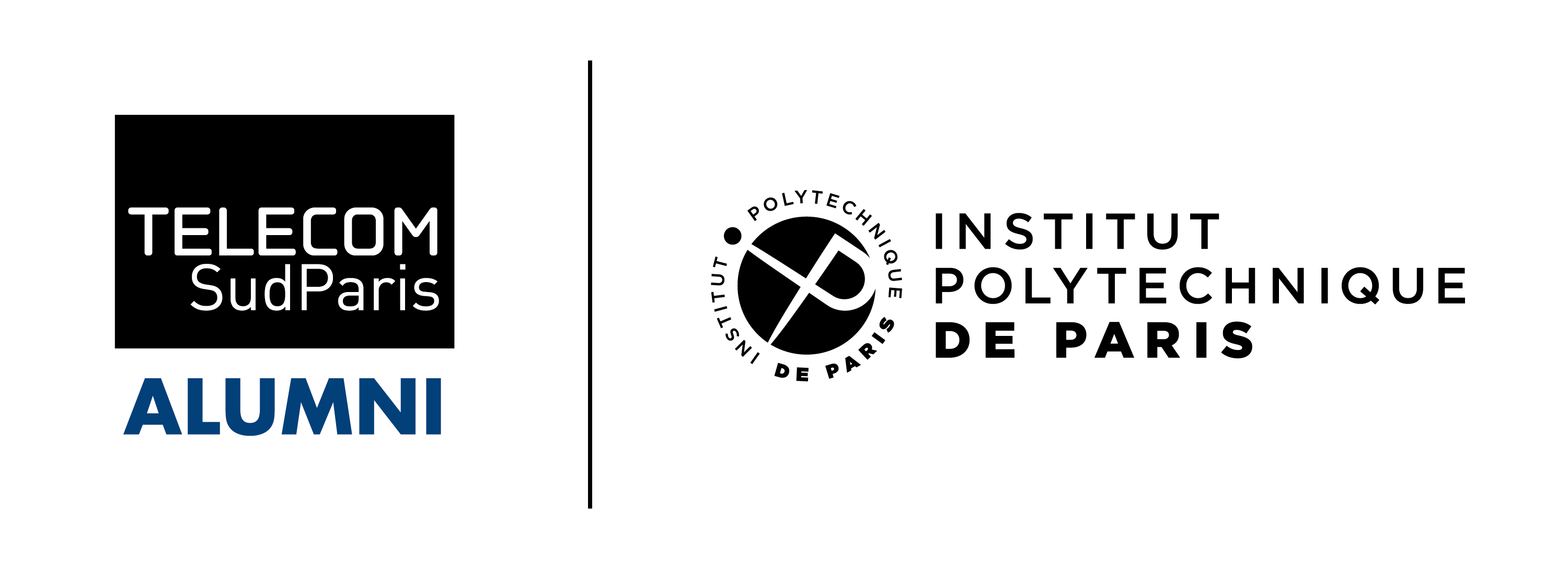

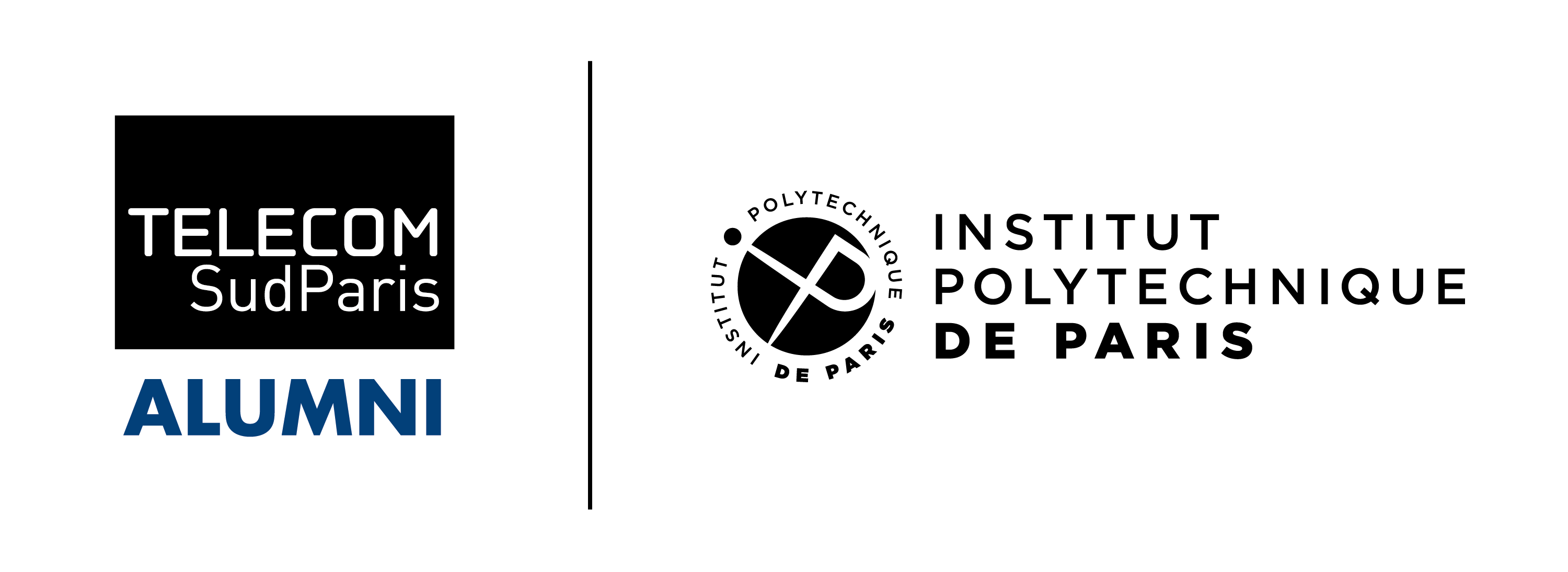
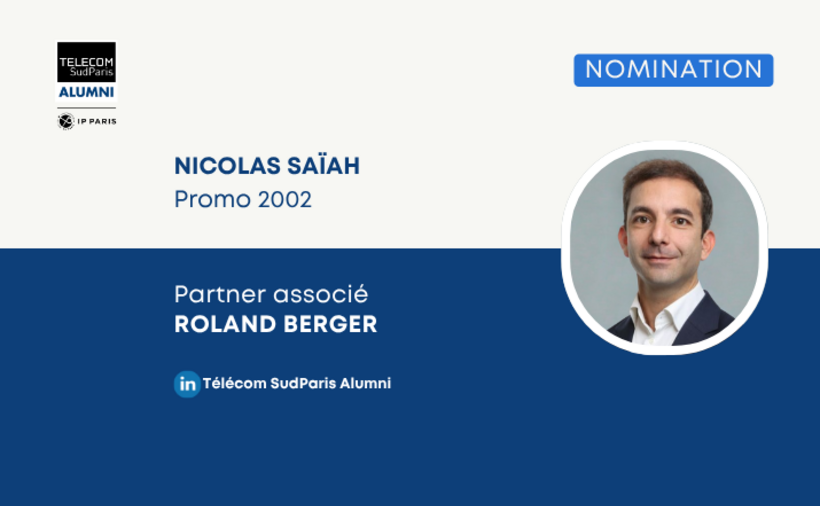
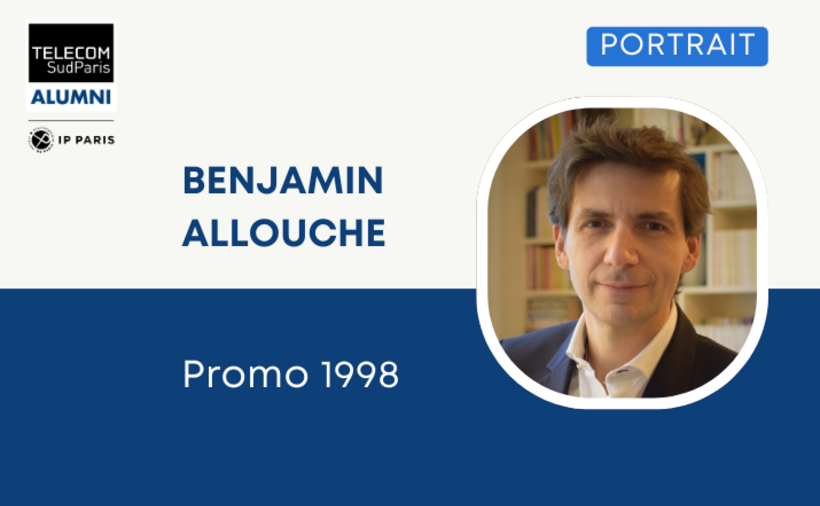
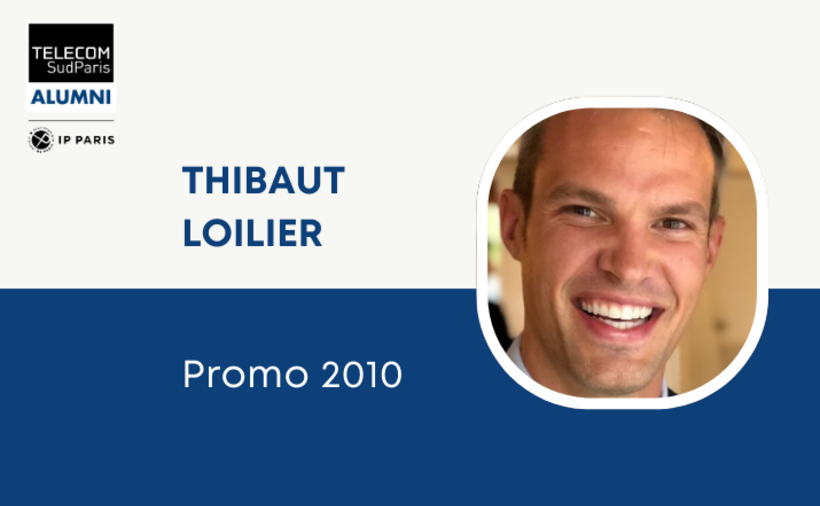

No comment
Log in to post comment. Log in.